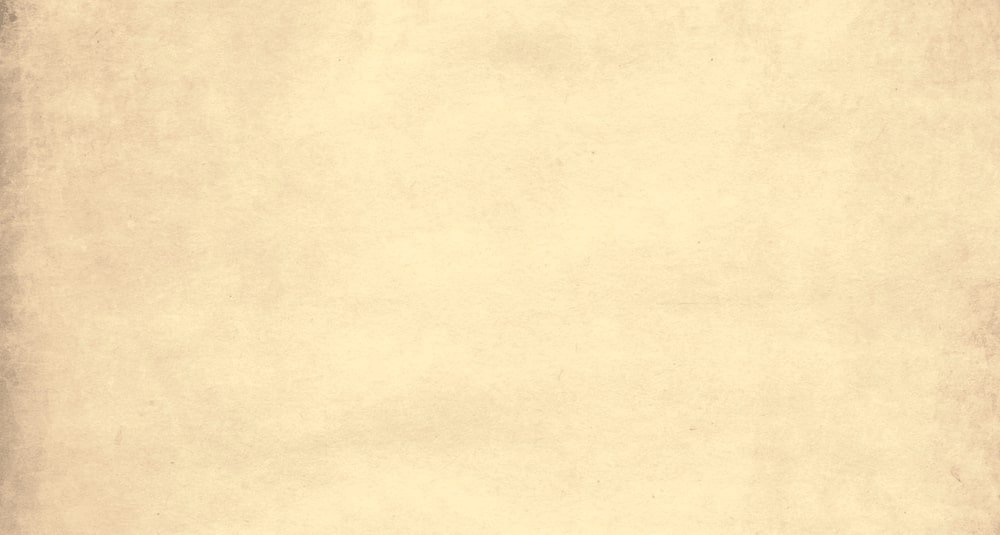
Relationship Counseling

The Quality Of Our Lives Depends Upon The Quality Of Our Relationships
Life is all about relationships. We are in relationships at all times. We are in a relationship with ourselves, with others, and with our world. As social animals, humans cannot survive without other people. We effect and are effected positively and negatively by our relationships on a daily, even hourly basis.

“Your task is not to seek for love, but merely to seek and find all the barriers within yourself that you have built against it.” - Rumi
Attachment
Attachment is the emotional bond between people. Our earliest bonds with our caretakers have a tremendous impact throughout our lives. Psychology, interpersonal neurobiology, and neuroscience have demonstrated that attachment bonds stimulate brain growth, effect personality development, social and emotional development, the ability to form stable relationships, and to effectively regulate our feelings. For better or worse, our early life experiences lay the foundation for our relationships throughout life.

“For one human being to love another; that is perhaps the most difficult of our tasks; the ultimate, the last test and proof; the work for which all other work is but preparation.”
- Rainer Maria Rilke

Repetitive Relational Patterns
Throughout life we repeat our relationship patterns. Freud discovered what he called “the repetition compulsion,” which he described as the tendency for humans to be drawn to situations reminiscent of unresolved traumas from earlier in life. These repetitions can be seen as an unconscious attempt to belatedly master or heal our original relational dynamics with the intent of changing the outcome. Inevitably each of us brings all of our past experiences including our feelings, expectations, defenses, coping mechanisms, and beliefs to our current relationships with the unconscious hope that they will turn out better this time. The child in us thinks, “This time will be different. I will get him or her to love me. I can change him or her if only I try hard enough.”
Trauma, abuse, neglect, and other adverse childhood experiences negatively impact the quality of relationships. A child who grew up with an abusive parent may repeatedly be drawn to abusive partners. Someone who was abandoned as a child, may be drawn to people who will leave him, and a child who grew up with an alcoholic parent, may partner with people with substance abuse problems. Unfortunately these repetitions can cause additional suffering for ourselves and others and further entrench the distressing patterns.
Our relationships provide the potential for both our most meaningful and our most painful experiences. In addition to love, bonding, and attachment, our relationships inevitably bring up our fears, needs, desires, dependency, ambivalence, sadness, anger, jealousy, hate, resentment, and guilt. The more difficult, distressing, and traumatic our earlier relationships, the more potentially hurtful and damaging our current relationships can become. If you find yourself repeating the same painful relationship patterns over and over again, you might benefit from psychotherapy.

“You have to keep breaking your heart until it opens.”
- Rumi
Psychotherapy Provides A Choice
Psychotherapy can facilitate a movement from unconscious reenactment of distressing experiences to consciousness of our patterns. Understanding of our patterns provides a choice about how we want to act in the future. Awareness is the first step toward positive change. Acceptance and compassion for ourselves is the foundation of being able to love and have compassion for the people in our lives. It is possible to heal our original relational wounds and learn how to better handle repetitive situations in order to put an end to a destructive cycle.
Most of the people I work with are concerned about the quality of their relationships. Some are individuals who seek to improve the relationship with their partner, child, family members, and work colleagues. Others come for Couples Counseling to heal and change the repetitive and conflictual patterns that threaten to destroy their bond.